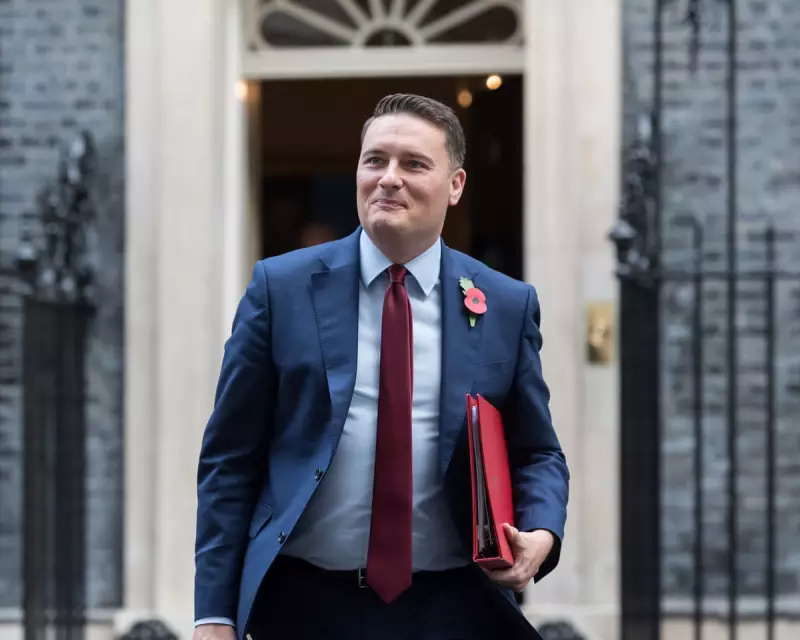
Rumours are swirling through Westminster corridors as the Labour Party faces mounting internal pressure over its leadership direction. Senior figures within the party are increasingly looking toward Shadow Health Secretary Wes Streeting as a potential successor to current leader Keir Starmer, despite Starmer having led the party to a significant electoral victory just months earlier.
The Rising Challenge to Starmer's Authority
Behind the facade of unity following Labour's return to government, significant fractures are appearing. Keir Starmer, who secured what many considered an unassailable mandate, now finds his position unexpectedly challenged from within his own ranks. The discontent stems from what critics describe as a cautious approach to governance that fails to address the urgent crises facing the country.
Wes Streeting has emerged as the focal point for this internal dissent, with many Labour MPs viewing him as embodying the bold, reformist approach they believe the party now requires. The Shadow Health Secretary's public profile has risen dramatically since the election, particularly through his vocal advocacy for NHS reform and willingness to confront entrenched interests within the healthcare system.
Policy Divisions and Political Calculations
The tensions extend beyond personality clashes to fundamental disagreements about Labour's governing philosophy. Streeting's supporters argue that Starmer's team has become too risk-averse, failing to capitalise on their parliamentary majority to deliver transformative change. They point to ongoing struggles with public services, particularly the NHS, where waiting lists remain stubbornly high despite additional funding.
Meanwhile, Starmer loyalists maintain that stability and careful management represent the responsible approach after years of economic turbulence and political chaos. They caution against radical shifts that could spook markets or alienate moderate voters who returned to Labour at the last election.
The situation creates a complex political dynamic. While no formal leadership challenge appears imminent, the mere discussion of succession planning so soon after an election victory underscores the depth of unease within Labour ranks. Streeting himself has publicly denied leadership ambitions, but his growing media presence and policy interventions keep speculation alive.
Broader Implications for Labour's Future
This internal debate reflects larger questions about Labour's identity and purpose in government. The party won power with a broad coalition of support, but maintaining that coalition requires balancing competing expectations from traditional supporters and newer converts.
The NHS has become the primary battleground for these ideological conflicts. Streeting's embrace of private sector involvement in reducing waiting times has drawn criticism from the left of the party, while being praised by centrists as pragmatic problem-solving. These disagreements signal deeper fractures about the role of the state and market in public service delivery.
As Labour approaches its first party conference since taking office, all eyes will be on the interactions between Starmer and his potential successor. The body language between them, the reception they receive from delegates, and any policy announcements will be scrutinised for signs of the power dynamics within the party.
The coming months will prove critical in determining whether Labour can unite behind its leader or whether the whispers about leadership change will grow into open debate. With the government facing multiple challenges including economic uncertainty and ongoing public sector strikes, internal stability has never been more important for the party's prospects of implementing its agenda and securing a second term.






